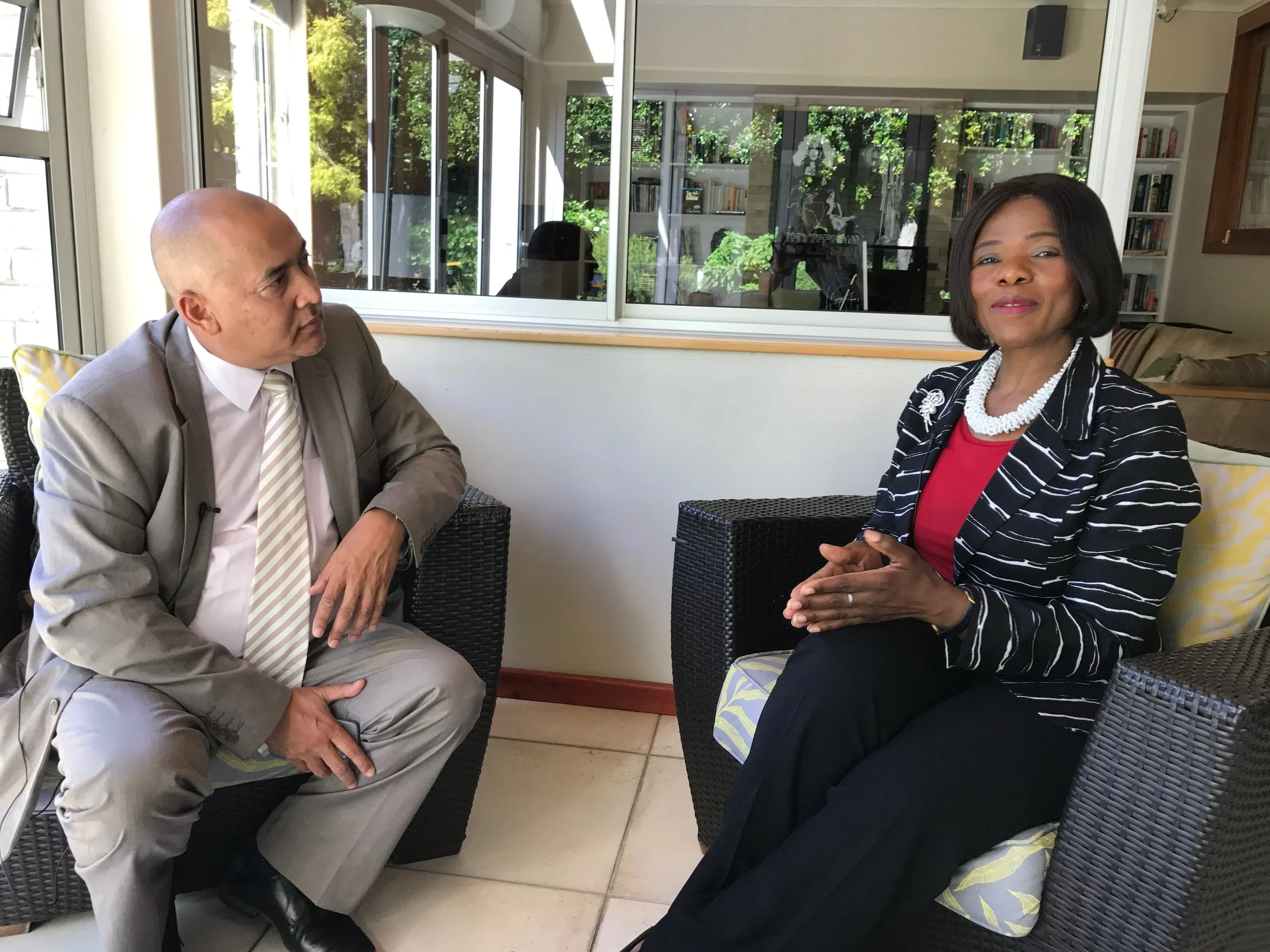Let us think about how we can build our country, irrespective of who holds political power or who is president, says Ryland Fisher.
In the early 1980s, like most people who were politically active, I found myself in a political faction. One day my political faction had a fight with another faction which we won in a resounding manner. A few hours later, a few of us were at the house of someone from the other faction and he told me something I have remembered over the years as I observed the ebb and flow of politics.
Out of respect for him, I will not identify him, but he said: “This is politics. One day you win. The next day you lose. It is about how you recover after a loss.”
I thought about this as I watched the power play between the president and his detractors over the past week and a bit.
Hundreds of thousands of protesters across the country sent President Jacob Zuma a message on Friday: he must go. Picture: Oupa Mokoena
Factionalism is of course as old as politics. It is driven by different things and often factions can change, depending on a variety of factors. Factionalism is rarely driven by principle. It is driven by personalities and the pursuit of personal gain.
Years after we were supposedly in different factions in the 1980s, I and others have forgotten about why we differed and we have all become good friends. In some ways, we have realised our opposition to apartheid and the camaraderie we developed during the Struggle were bigger than our perceived differences.
But I digress. Watching the interaction between the president and his opponents has almost been like watching a game of chess. Except this is not a game and the consequences, some of which we have already seen, are significant.
In some ways it is like watching politicians play political games while the country goes up in flames.
Politics, like many other things in life, is about numbers. How many people can I get to support me?
This is why the opposition’s proposed motion of no confidence in the president is doomed to fail. The opposition knows that they cannot depend on ANC members in Parliament to carry such a motion on their behalf. No matter how upset ANC members might be with the president, it will be difficult to bring themselves to support an opposition motion.
Even if they privately agree he should resign, they will rather betray their consciences than the political party to which they owe patronage.
This is one of the weaknesses of our governance system. Our public representatives are beholden to political parties and not to the people they are supposed to serve.
The only way the opposition is going to vote an ANC president out of power is by garnering more votes than the ANC in the elections, but the next one is only scheduled for 2019. Until such time the opposition will have to realise they are in the minority and will have to fashion their strategies around this. They will have to use other tools at their disposal, including the courts and mass mobilisation.
I am not one of those who argue for the removal of the president just because everybody else is doing it. I have previously stated the removal of the president is not going to make a huge difference to ordinary people in South Africa.
The only thing that will make a difference to ordinary people, the majority of whom are poor, is for the ANC, or whoever is in government, to implement pro-poor policies, provide housing and education, create decent jobs and reduce inequality.
I have long ago given up on the notion of blind support for the ANC or any political party. There are good and bad people in all political parties. The challenge is to identify those who are good and work with them in ways that will make a positive difference to society.
I would not bother too much about the bad people in politics because, if you focus on them, you end up not doing anything.
The challenge to the people who have been protesting this week – and I am not saying they should stop protesting – is to think about what next needs to be done to make our country a better place for all who live in it.
It should not just be about replacing one man. But we need to be consistent in our endeavours to create a better society. This is why we need to be outraged and forced into action when joblessness and poverty increases, when gangsters rule our townships, when drugs take over the lives of our young people, when foreign criminal syndicates kill our wildlife, when racists, colonialists and xenophobes spew hatred, when people dispossessed of land struggle to get restitution – I can probably list at least a dozen more reasons for us to be outraged beyond the actions of the president.
Until we spread our outrage, there will always be suspicions about the motives of those who are only outraged at the president but say nothing when society is faced with a myriad other problems.
If you are selective in your outrage, you are no better than the people who support one or other faction. Let us think about how we can build our country, irrespective of who holds political power or who is president.
(First published as a Thinking Allowed column in the Weekend Argus on Saturday 8 April 2017)

